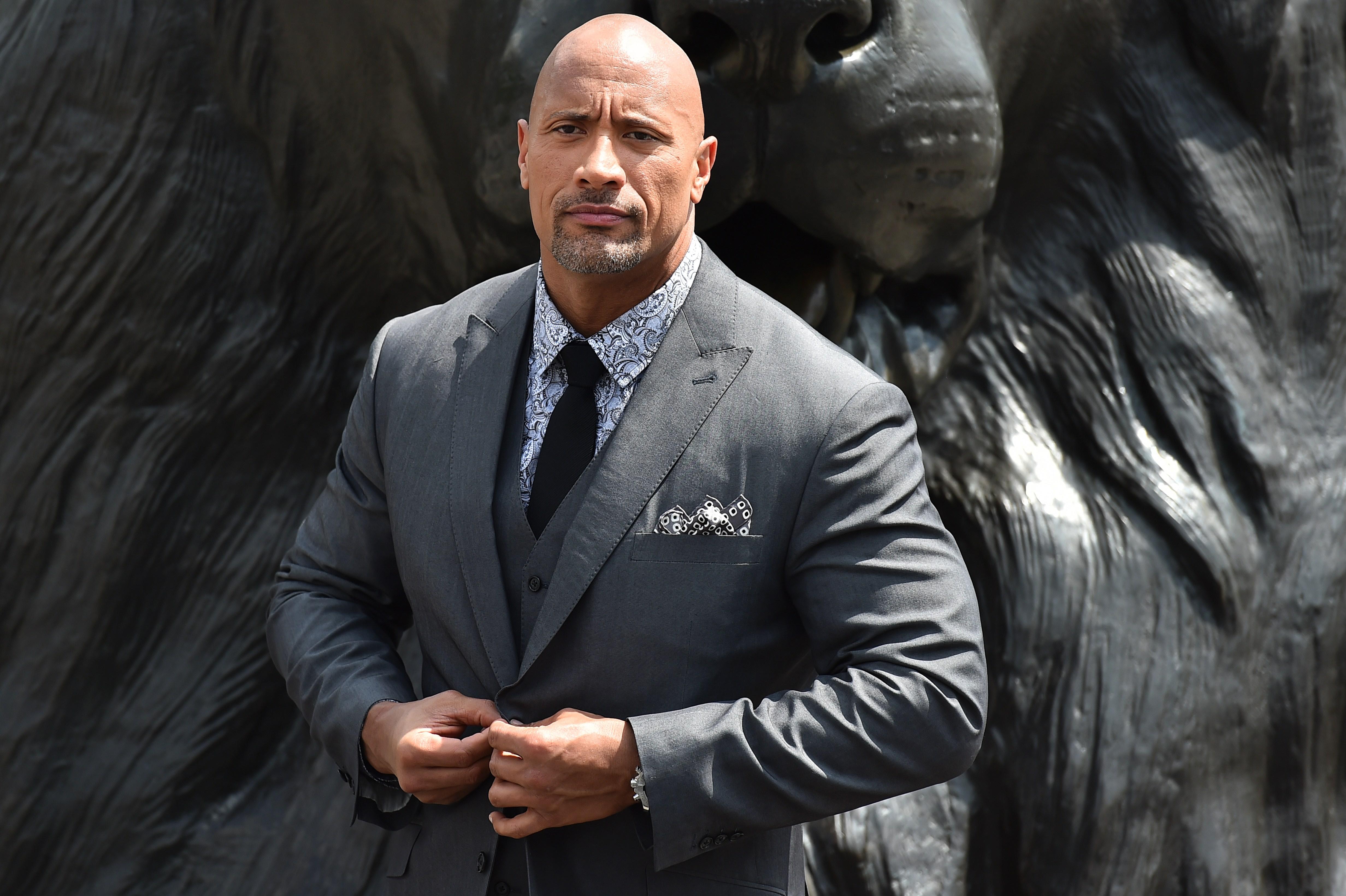Vox has been releasing a series of results from its poll regarding American attitudes about issues such as sexism and abortion rights. Thursday, German Lopez posted about one of the poll’s more original questions, which is how masculine/feminine you think you are. About 15 percent of respondents said they don’t feel particularly masculine or feminine. But here’s the result that genuinely surprised me: Men were more likely to reject the term “masculine” than women were to reject the term “feminine.” Lopez reports:
Men were more likely to reject traditional notions socially attributed to their gender. Roughly one in five men said they’re very masculine, and one in five women identified as very feminine. But 25 percent of men didn’t identify as more masculine, while 20 percent of women didn’t say they’re more feminine.
If you check out the chart he provides, you can also see that men were more likely to identify as “feminine” than women were to identify as “masculine.”
In terms of gender roles, things seem to be changing more quickly for women than they are for men. We live in an era where even women who reject the label “feminist” still embrace many of feminism’s core values, such as getting women into the public sphere and empowering women to take care of themselves. Traditional femininity, is, to be blunt, about being helpless and dependent, and modern American women like to see themselves as strong and capable. But men aren’t running away from their traditional roles as fast, and in some cases—like when it comes to being ambitious or being independent—there’s no reason for them to do so.
Perhaps that is exactly the reason for these results. As women are freeing themselves from a lot of traditional gender constraints, perhaps the word “feminine” is changing. I suspect a lot of women who identified with the word were thinking of a definition of femininity more akin to Beyoncé’s “Run the World (Girls)” than “I Feel Pretty.” But because masculinity doesn’t get debated and interrogated as much as a concept, it persists as an inflexible, caveman-esque stereotype, which many men understandably don’t relate to.
